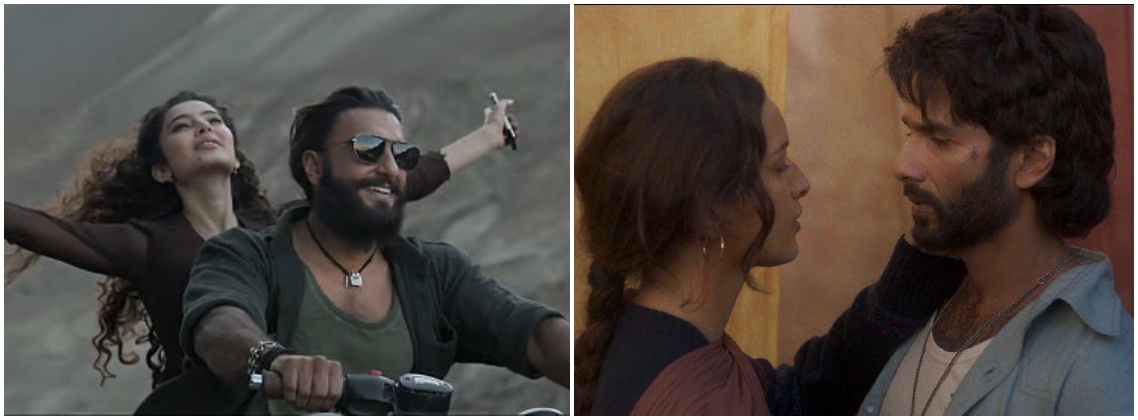Lata Mangeshkar left for the heavenly abode today, on Sunday, February 6, 2022, leaving the entire country grieving for its loss. With her demise, the music has truly stopped and an era has ended. However, in a queer turn of fate, Lata Mangeshkar’s death date of February 6 has coincided with the birth anniversary of renowned poet and lyricist Kavi Pradeep who penned the lyrics of the iconic patriotic song Ae Mere Watan Ke Logon. The song had moved India’s first Prime Minister Pandit Jawaharlal Nehru to tears and made him bestow the title of Nightingale of India on Lata Mangeshkar.
Yes, you read that right, on February 6, 1915, Kavi Pradeep was born in Badnagar near Ujjain, Madhya Pradesh. On January 27, 1963, Lata Mangeshkar sang the song Ae Mere Watan Ke Logon in front of the then Prime Minister Pandit Jawaharlal Nehru which moved him to tears. In an old interview, she had said, “At first I was nervous, thinking I have committed some mistake. But when I met Panditji (Nehru), I saw tears in his eyes."
Reportedly, former Income Tax Commissioner and columnist Ajay Mankotia revealed that Kavi Pradeep wrote the lyrics of the song while walking on Mahim Beach in Mumbai. He had borrowed a pen from a pedestrian and wrote the lyrics on the foil of a cigarette packet. He had written, “Koi Sikh koi Jat Maratha, koi Gurkha koi Madrasi, Sarhad par marnewala, har veer tha Bharat vaasi, Jo khoon gira parvat par, woh khoon tha Hindustani, Jo shahid huye hain unki, zara yaad karo qurbaani."
The iconic song was used at the Beating Retreat ceremony on January 29 after the Republic Day 2022 parade replacing the hymn Abide With Me written by Scottish Anglican poet and hymnologist Henry Francis Lyte in 1847 and has been a part of the ceremony since 1950. This year the hymn was replaced by Ae Mere Watan Ke Logon which was written to commemorate the supreme sacrifice made by the Indian soldiers during the 1962 Indo-China war. The song was listed in a brochure released by the Indian Army with 26 tunes that will be played at this year's Beating Retreat ceremony at Vijay Chowk.





.jpg)





